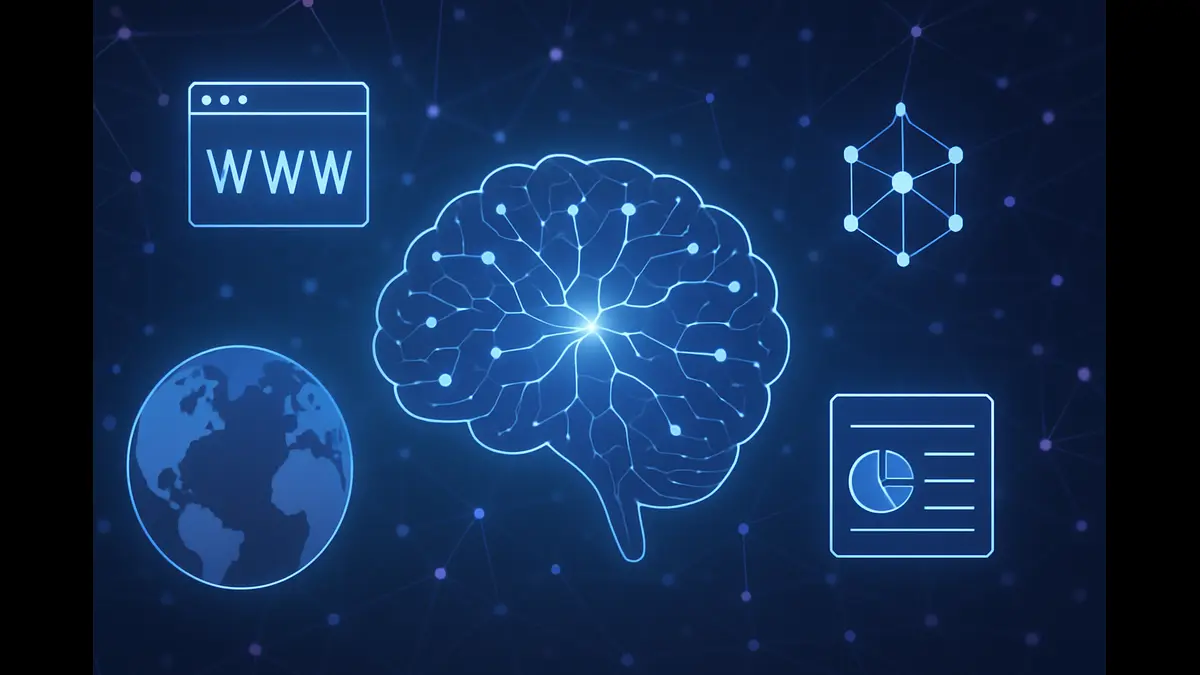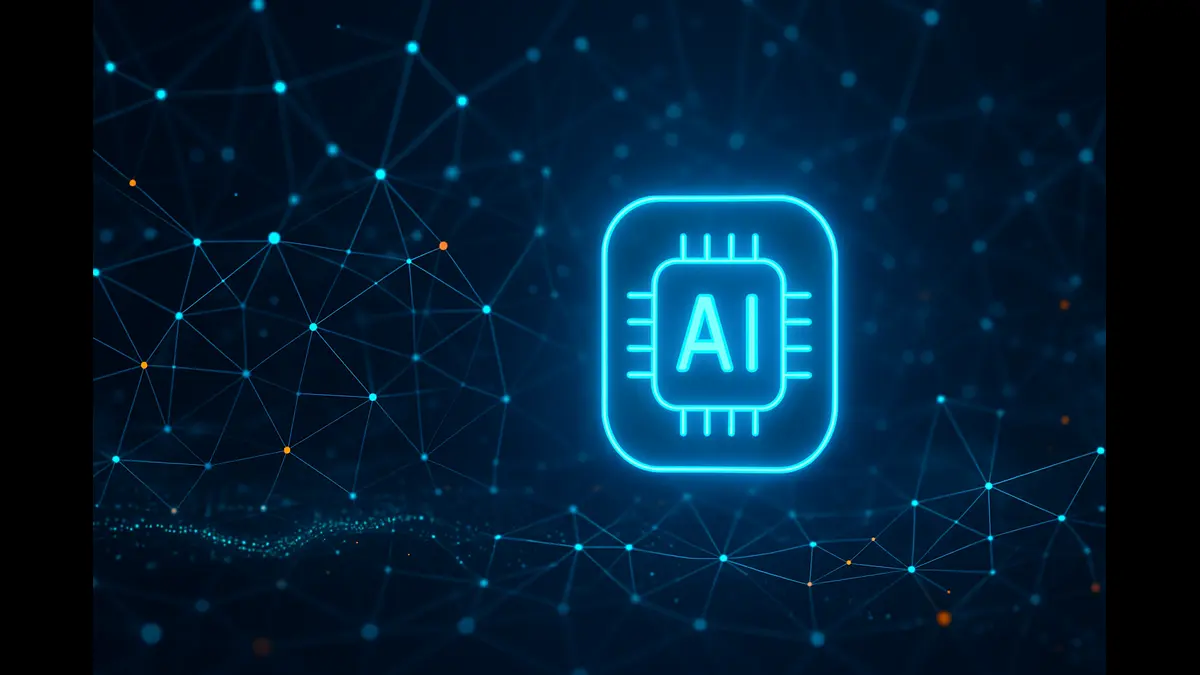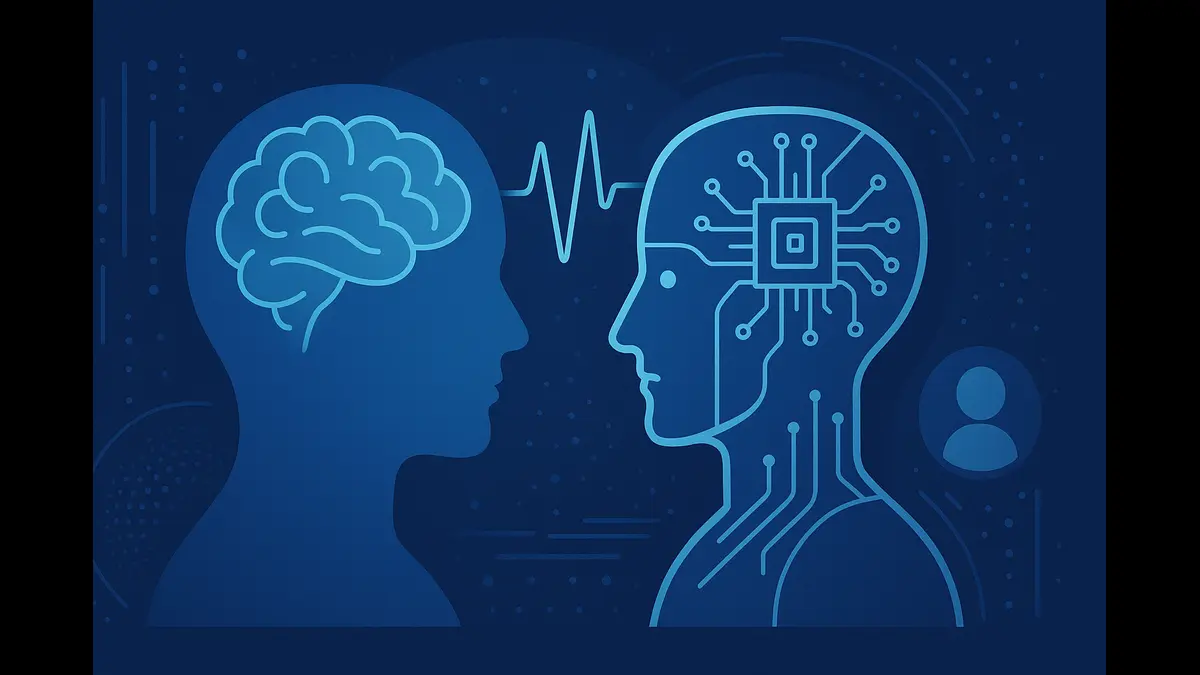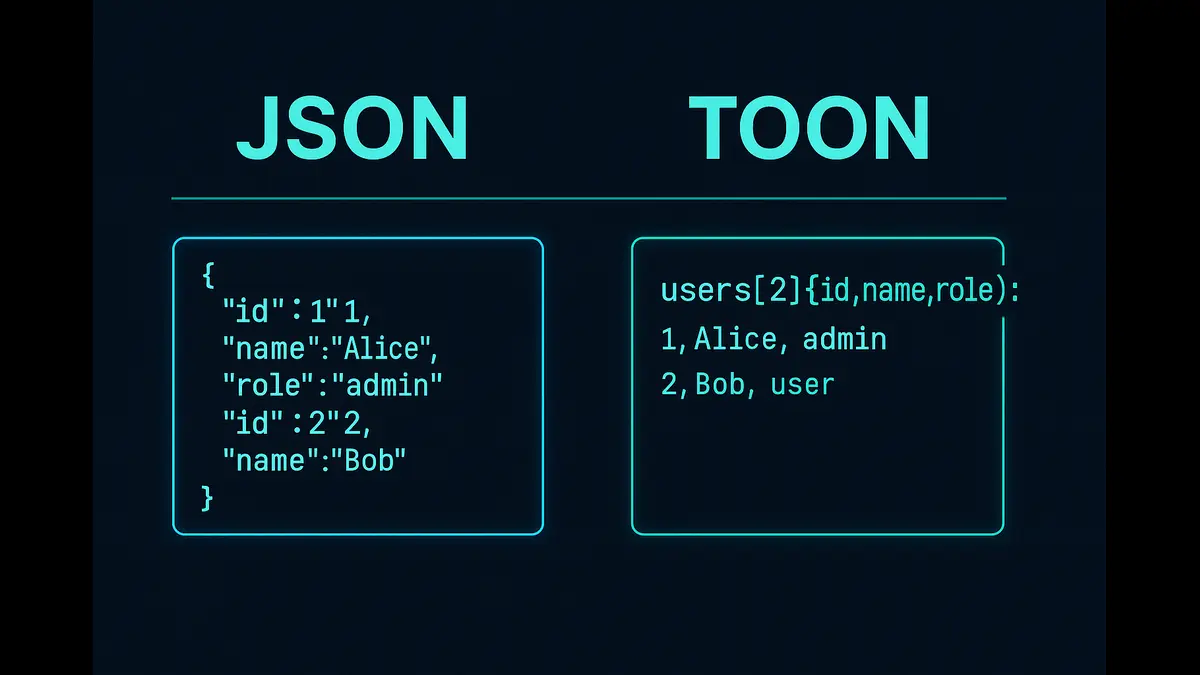
Discover how agentic AI revolutionizes business in 2025, boosting efficiency in thermal power and automotive manufacturing, customer service, and more. Explore impacts, challenges, and adoption strategies.
In 2025, artificial intelligence is poised to take a significant leap forward with the rise of agentic AI, a transformative technology that promises to redefine how businesses operate. Unlike traditional generative AI, which excels at creating content or responding to prompts, agentic AI can autonomously understand complex scenarios, plan, and execute tasks without constant human supervision. Dubbed the “third wave of AI” by industry experts, agentic AI is expected to drive unprecedented efficiency and innovation across sectors. This article explores the opportunities agentic AI presents for businesses, with a deep dive into its technical impacts in manufacturing, particularly thermal power generation and automotive sectors, alongside other industries. It also addresses adoption challenges and provides practical strategies for implementation, offering a roadmap for business leaders.
The Rise of Agentic AI in 2025
Agentic AI represents a shift from reactive AI systems to proactive ones capable of independent decision-making. Powered by advanced large language models (LLMs), reinforcement learning, and real-time data ingestion, these systems analyze data, predict trends, and automate workflows with minimal human input. A 2025 IBM survey indicates that 99% of 1,000 developers are exploring or developing AI agents for enterprise use, signaling strong industry momentum. Gartner has named agentic AI the top technology trend for 2025, highlighting its ability to perform enterprise-related tasks autonomously.
Advancements in 2025 include improved contextual reasoning, larger context windows, and enhanced function-calling capabilities, enabling AI agents to handle complex tasks like multi-step workflow orchestration. For example, one AI agent could develop software code while another ensures its security, showcasing multi-agent collaboration.
Industry-Specific Impacts
Agentic AI’s versatility allows it to address unique challenges across industries, leveraging its autonomous capabilities to enhance efficiency and innovation. Below are some of the technical impacts in key areas, with a focus on manufacturing applications in thermal power generation and automotive industries.
Customer Service
Agentic AI dynamically resolves customer queries, improving response times and satisfaction. Platforms like Ema’s customer support system use AI agents to handle complex interactions, adapting to diverse scenarios in real time.
Manufacturing
Agentic AI is revolutionizing manufacturing by enabling autonomous systems that optimize production, predict maintenance, and ensure quality. Its applications in thermal power generation and automotive manufacturing demonstrate its transformative potential.
Thermal Power Generation
In thermal power generation, which includes coal, gas, and nuclear plants, agentic AI enhances efficiency, reliability, and sustainability through advanced automation. Key technical applications include:
- Predictive Maintenance: AI agents monitor equipment like turbines and boilers using IoT sensors, analyzing data with deep learning models (e.g., convolutional neural networks) to predict failures. For instance, General Electric (GE) employs AI to detect anomalies in turbine vibration patterns, scheduling maintenance proactively to reduce downtime by up to 30%. These systems integrate with plant control systems, using historical and real-time data to prioritize tasks autonomously.
- Operational Optimization: AI agents dynamically adjust parameters like fuel flow, air intake, and steam pressure using optimization algorithms (e.g., reinforcement learning). This maximizes energy output while minimizing fuel consumption, reducing operational costs and emissions. For example, AI can optimize a 660 MW coal plant to lower CO₂ output while maintaining stable power generation.
- Asset Lifecycle Management: AI agents manage equipment from installation to decommissioning, predicting optimal replacement times and reducing lifecycle costs. This ensures long-term reliability and cost efficiency.
These applications leverage agentic AI’s ability to process vast datasets and make context-aware decisions, supporting the energy sector’s transition to sustainable practices.
Automotive Manufacturing
In the automotive sector, agentic AI streamlines production processes, enhances quality control, and accelerates innovation. Its technical applications include:
Production Optimization: AI agents analyze assembly line data to identify bottlenecks and optimize workflows, reducing production times and costs. For example, AI-powered automation coordinates suppliers, production lines, and logistics, ensuring seamless operations. Reinforcement learning enables agents to adapt to design or demand changes, enhancing flexibility.
Predictive Maintenance: AI agents monitor machinery health, predicting failures using sensor data and machine learning models. This prevents unexpected breakdowns, maintaining smooth operations. For instance, digital twins of assembly lines, powered by AI, simulate operating conditions to optimize maintenance schedules.
Quality Control: AI agents perform real-time defect detection using computer vision, ensuring only high-quality parts are used in vehicle assembly. This improves product reliability and customer satisfaction. Companies like Tesla leverage AI to enhance manufacturing precision.
Design Optimization: AI agents simulate vehicle designs under various conditions, reducing the need for physical prototypes. Digital twins, integrated with AI, analyze data to optimize production parameters, improving energy efficiency and equipment lifespan.
These applications position agentic AI as a cornerstone of Industry 4.0, enabling automotive manufacturers to stay competitive in a rapidly evolving market.
Sales
Agentic AI enhances customer relationship management (CRM) by automating tasks and providing real-time insights. Salesforce’s Agentforce platform streamlines sales processes, prioritizing leads and personalizing interactions (Salesforce’s Agentforce).
Healthcare
Adaptive caregiving systems, such as Hippocratic AI’s Sarah and Judy, assist in patient care, improving accessibility and efficiency.
These industry applications underscore agentic AI’s ability to transform manual, process-driven work, allowing businesses to scale operations and focus on strategic priorities.
Benefits of Agentic AI
Agentic AI offers compelling benefits for businesses:
Increased Efficiency: Automating tasks like data processing or report generation frees employees for strategic work. In recruiting, AI streamlines hiring by creating job descriptions and reviewing resumes (Built In AI Recruiting).
Enhanced Innovation: AI enables experimentation in complex domains, such as chemistry (e.g., ChemCrow) or biomaterials (e.g., SciAgents), fostering breakthroughs (HBR Agentic AI).
Scalability: Networks of specialized AI agents handle tasks like data analysis and visualization, enabling efficient scaling (Built In AI Data Visualization).
Trustworthiness: Advances in AI reliability reduce errors, making agentic AI dependable for decision-making, particularly in CRM prioritization.
These benefits position agentic AI as a catalyst for competitive advantage in a fast-paced market.
Challenges and Risks
Adopting agentic AI presents challenges that businesses must address:
Organizational Readiness: Many organizations lack the infrastructure to integrate AI agents, requiring investments in APIs and legacy system upgrades. Smaller businesses may face resource constraints, while larger ones encounter bureaucratic hurdles (Built In Year of Agentic AI).
Governance and Compliance: Risks like data leakage, bias, and ethical concerns necessitate robust governance frameworks to ensure transparency and fairness (IBM AI Agents 2025).
Workforce Management: Automation may phase out some roles, though new opportunities will emerge. Businesses must manage transitions to maintain morale (HBR Agentic AI).
Proving ROI: The return on investment for agentic AI remains uncertain, requiring realistic expectations and effective outcome measurement.
Addressing these challenges is critical to unlocking agentic AI’s full potential.
Strategies for Successful Adoption
To harness agentic AI, businesses can adopt these strategies:
Set SMART Goals: Define specific, measurable, achievable, relevant, and time-bound objectives, such as reducing production downtime by 20% within six months.
Focus on Team Selection: Foster human-AI collaboration by selecting teams equipped to work with AI agents, emphasizing coordination.
Scaffold Decision Space: Implement supervision for high-stakes decisions to mitigate risks, ensuring human oversight where needed (HBR Agentic AI).
Leverage Proprietary Data: Use unique business data to train AI agents, tailoring solutions to specific needs.
Encourage Experimentation: Start with pilot projects in areas like maintenance or quality control, using platforms like IBM’s watsonx Orchestrate (IBM watsonx Orchestrate).
Invest in Governance: Develop frameworks to monitor performance, ensure compliance, and address ethical concerns like data privacy.
These strategies enable businesses to capitalize on agentic AI’s potential while minimizing risks.
Agentic AI is set to revolutionize business operations in 2025, offering opportunities for efficiency, innovation, and scalability. Its applications in manufacturing, particularly in thermal power generation and automotive sectors, demonstrate its ability to optimize processes, predict maintenance, and ensure quality. However, businesses must navigate challenges like organizational readiness and governance to fully realize its benefits. By setting clear goals, fostering human-AI collaboration, and investing in robust governance, companies can prepare for this next wave of AI innovation. Early adopters who embrace agentic AI strategically will gain a competitive edge, shaping the future of their industries.
Aspect | Details |
|---|---|
Definition | Autonomous AI systems that understand, plan, and execute tasks without constant human input, powered by advanced LLMs and reinforcement learning. |
Key Industries | Customer service, manufacturing (thermal power generation, automotive), sales, healthcare. |
Benefits | Increased efficiency, enhanced innovation, scalability, trustworthiness. |
Challenges | Organizational readiness, governance, workforce management, proving ROI. |
Adoption Strategies | Set SMART goals, focus on team selection, scaffold decision space, leverage proprietary data, encourage experimentation, invest in governance. |
Discover more from Poniak Times
Subscribe to get the latest posts sent to your email.






